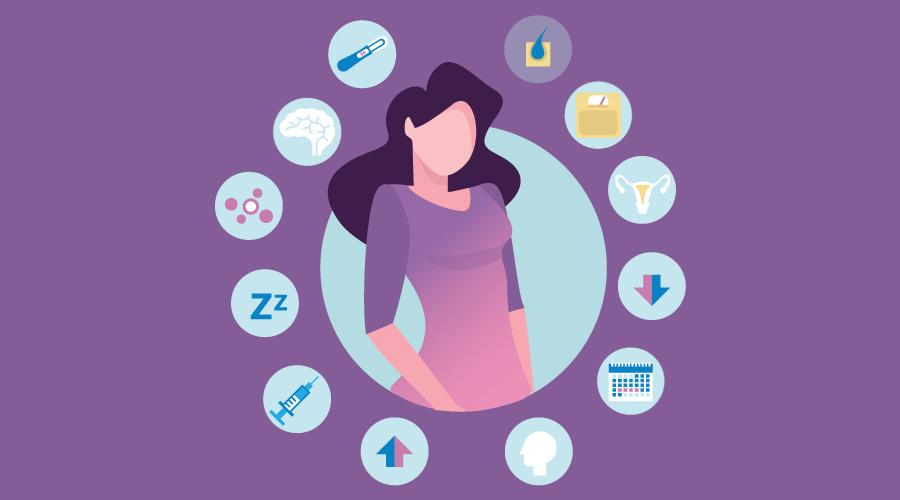Women’s health refers to women’s physical, mental, and emotional well-being.
Women’s health concerns may differ from men’s, and addressing them requires specific attention and care.
In this article, we will discuss some of the critical issues in women’s health and how to maintain good health throughout different stages of life. Women’s health encompasses many areas, including reproductive health, breast health, heart health, and mental health.

Reproductive Women’s Health
Reproductive health is an essential aspect of women’s health. It encompasses a wide range of topics, including menstrual health, fertility, pregnancy, childbirth, and menopause. Good reproductive health requires regular check-ups and screenings to ensure that any potential issues are identified and addressed promptly.
One of the most important steps women can take for reproductive health is to schedule regular gynecological exams. These exams allow doctors to screen for conditions such as cervical cancer and sexually transmitted infections (STIs).
Pap smears are a common screening test that is done during a gynecological exam to check for abnormalities in the cervix. Women should have their first Pap smear at age 21 and continue to have them every three years until age 65.
Breast Health
Breast health is another critical aspect of women’s health. Women should perform monthly breast self-exams and also have regular mammograms as recommended by their doctor. Breast cancer is one of the most common types of cancer in women, and early detection is essential for successful treatment.
Heart Health
Heart disease is the leading cause of death among women in the United States. Risk factors for heart disease include high blood pressure, high cholesterol, and smoking. Maintaining a healthy diet, regular exercise, also avoiding smoking is essential for good heart health.
Mental Women’s Health
Mental health is an often-overlooked aspect of women’s health. Women are more likely than men to experience conditions such as depression and anxiety.
Hormonal changes during menstruation, pregnancy, and menopause can also contribute to mental health issues. It’s essential to seek help if you are struggling with mental health issues. Treatment options may include therapy, medication, or a combination of the two.
Pregnancy
Pregnancy is a unique time in a woman’s life. It is essential to take care of yourself during pregnancy to ensure the health of both you and your baby. Prenatal care is crucial for monitoring the health of the mother and the fetus. Women should also maintain a healthy diet, avoid alcohol and tobacco, and exercise regularly during pregnancy.
Menopause
Menopause is a natural part of the aging process for women. It occurs when the ovaries stop producing estrogen, leading to a variety of physical and emotional symptoms. Symptoms of menopause can include hot flashes, mood swings, and vaginal dryness.
Treatment options for menopause include hormone replacement therapy and lifestyle changes such as a healthy diet and regular exercise.
Sexual Women’s Health
Sexual health is an important aspect of women’s health. Women should practice safe sex to protect against sexually transmitted infections (STIs). Regular STI testing is essential for sexually active women. Women should also speak openly with their doctor about any sexual health concerns or issues.
Preventive Care
Preventive care is essential for maintaining good health throughout a woman’s life. This includes regular check-ups and screenings for conditions such as breast cancer, cervical cancer, and osteoporosis.
Women should also maintain a healthy lifestyle that includes a balanced diet, regular exercise, and avoiding smoking and excessive alcohol consumption.
Conclusion
Women’s health encompasses many different aspects, including reproductive health, breast health, heart health, mental health, and more. Regular check-ups, screenings, and self-care are essential for maintaining good health throughout different stages of life. 카지노사이트
